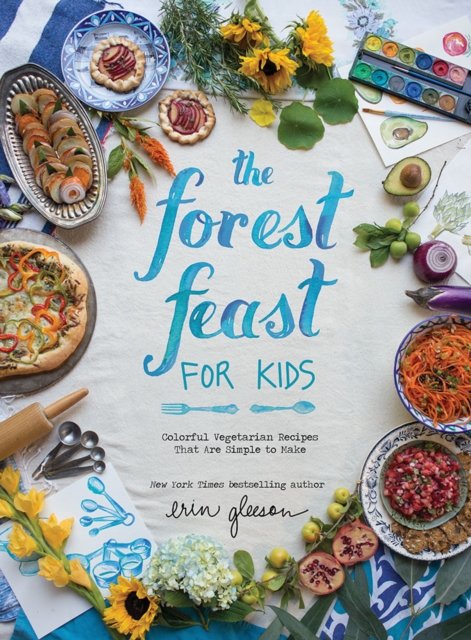Imagine the miracle of hearing again after 40 years...
Retired office worker Carol Cook, 70, was profoundly deaf until she had a cochlear implant. ‘My hearing started to deteriorate in my late 20s. My GP noticed I was struggling and tested me with a tuning fork. When he hit the table I didn’t respond. Referral to an audiologist confirmed my hearing loss was progressive. ‘I found hearing aids difficult to get on with but I learned to cope. However, I still couldn’t hear people on the telephone. I offered to resign from the small company I worked for but my boss said he would answer phone calls instead.
‘By 2004 I was profoundly deaf in my left ear and had only residual hearing in the right one. Hearing aids no longer helped me. I lost my confidence and became quite depressed. I wouldn’t go out without my husband Alan.
‘Then we moved to Oxfordshire and my medical notes were transferred to the John Radcliffe Hospital in Oxford, which has a cochlear implant centre. The audiologist recommended this sound-processing technology. I went through extensive tests to confirm I was suitable. I also talked to members of the Oxford Cochlear Implant Support Group who had gone through the operation.
‘Surgery to insert one part of the device behind my right ear took three hours under general anaesthetic. (The other part is worn externally and my hairdresser cuts my hair to cover it.) I stayed one night in the hospital then returned two weeks later for the implant to be switched on. Driving home that day in January last year knocked my socks off because I could hear my husband talking to me.
‘It takes time for your brain to get used to hearing, so patients are given a rehabilitation programme. At first, voices, for example, sound squeaky but sounds become progressively more normal.
‘Nowadays I sing around the house, Alan has his life back and I can talk to my granddaughter Isabella on Skype. The cochlear implant has transformed my life.’
Cochlear implants mimic the hearing function of the inner ear. Unlike hearing aids, which simply amplify sound, they bypass the damaged part of the inner ear and send electrical signals directly to the hearing nerve. This means sound may be heard more clearly than with hearing aids. Around 10,000 people in the UK have a cochlear implant, including children, who generally have two, one on each side.
The outcome tends to be better for patients who have been profoundly deaf for a relatively short time, as the brain adapts more quickly. Less than 0.2 per cent of recipients reject or do not use their implant and under 0.5 per cent of patients need re-implantation. However, only one in ten people who would qualify for a cochlear implant, which is available on the NHS, receives one, as their health professionals do not suggest it.
• For more information visit www.iwanttohear.com
 Vitamin D deficiency, which is estimated to affect 40 to 60 per cent of adult Europeans, has been linked to many chronic health conditions. Now a study by researchers at the University of Sheffield has found that the majority of participants living with irritable bowel syndrome (IBS) suffer from deficiency of this important vitamin, which is usually made in our bodies by the action of sunlight on the skin. The researchers advise people with IBS to ask their GP to test for vitamin D levels and, if deficient, prescribe a supplement of D3, which has helped a significant number.
Vitamin D deficiency, which is estimated to affect 40 to 60 per cent of adult Europeans, has been linked to many chronic health conditions. Now a study by researchers at the University of Sheffield has found that the majority of participants living with irritable bowel syndrome (IBS) suffer from deficiency of this important vitamin, which is usually made in our bodies by the action of sunlight on the skin. The researchers advise people with IBS to ask their GP to test for vitamin D levels and, if deficient, prescribe a supplement of D3, which has helped a significant number.
PS I take vitamin D3 daily via a sub-lingual (under the tongue) spray, DLux 1000 by Better You, £7.15 for 15ml (100 daily doses), www.victoriahealth.com/0800-3898 195. BOOK OF THE WEEK; The Forest Feast for Kids by Erin Gleeson (Harry N Abrams Inc, £11.99). To order a copy for £8.99 go to www.you-bookshop.co.uk
 Getting youngsters to cook vegetable dishes is guaranteed to tempt them to tuck in. This colourful book, by Californian photographer and blogger Erin Gleeson, offers super-simple scrumptious vegan recipes that older children can make on their own – there are clear directions on cooking terms and equipment – or little ones can make with their parents.
Getting youngsters to cook vegetable dishes is guaranteed to tempt them to tuck in. This colourful book, by Californian photographer and blogger Erin Gleeson, offers super-simple scrumptious vegan recipes that older children can make on their own – there are clear directions on cooking terms and equipment – or little ones can make with their parents.

